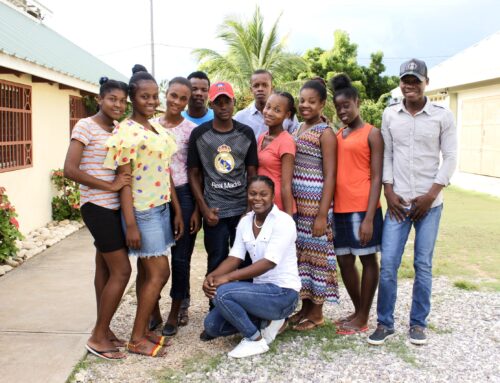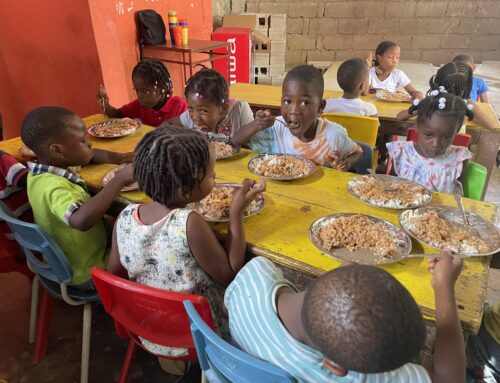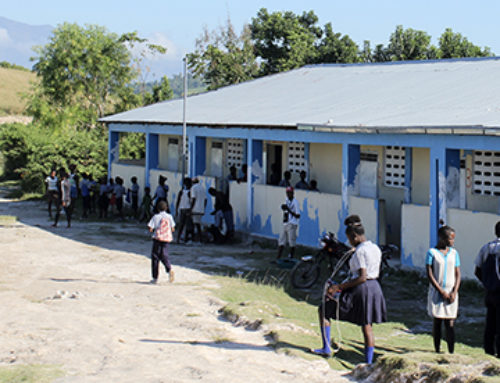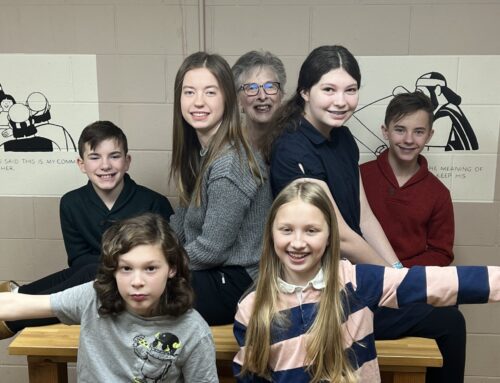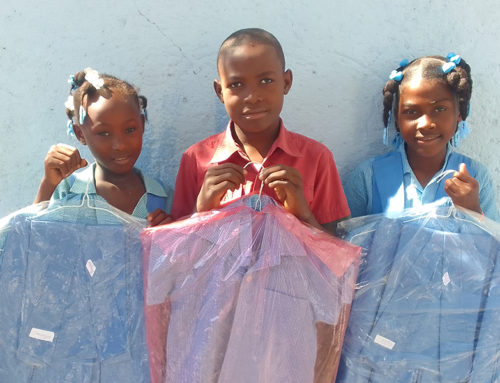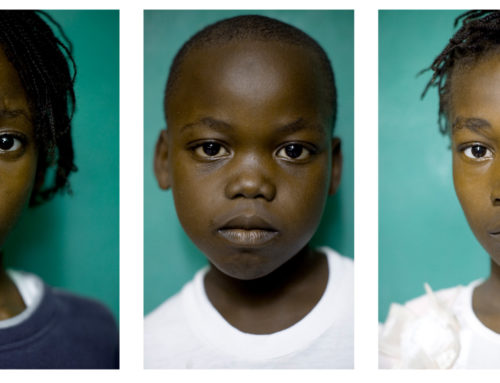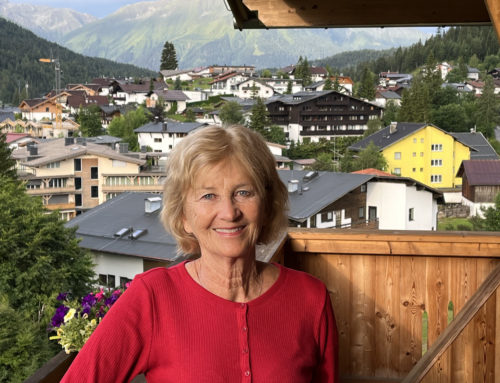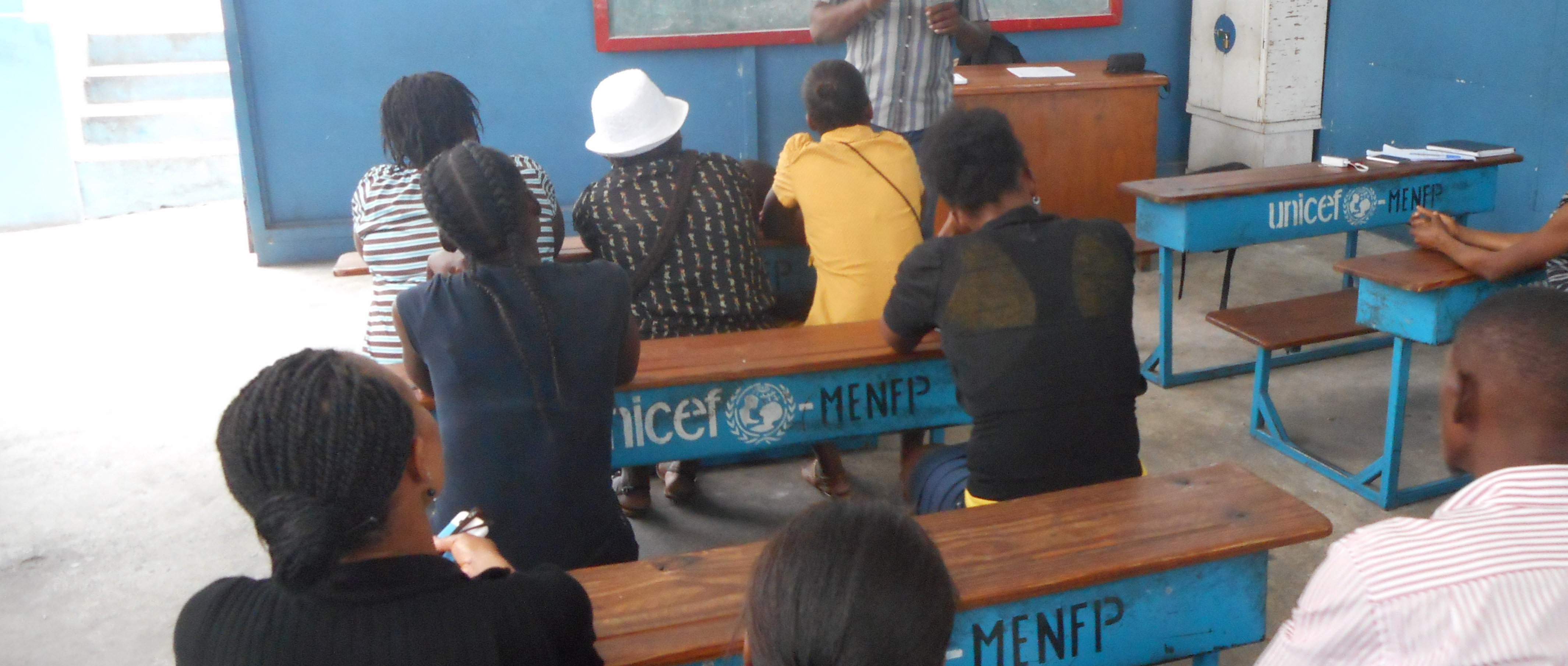
By Mathia Pierre Philipe, Child Advocate
Too often in Haiti, poverty leads parents from rural areas to send their kids to the city to live with a relative or a stranger in the hope of a better life. This host family becomes their home under the understanding that they will look after them.
And at first they may be nice, showing the parents that the child will be well treated and that they will meet his/her needs. But in reality, once the child has settled in and the parents have left, the host starts asking the child to perform more and more tasks in the house. This is how the child enters the restavek system, a form of modern day slavery. In Haiti, this is a common situation; 1 out of 15 children live in restavek.
Being in restavek: performing endless chores
Domestic chores start very early and end only at night fall. Fetching water, preparing meals, cleaning, ironing… The child entering into restavek usually has little experience with such hard work and such long hours. This leads to mistreatment, as the host family uses all sorts of punishments and abuses to force the child to perform these tasks.
In my work as a child advocate with Restavek Freedom, I regularly meet with children who tell me the hard truths of their lives. One day a child came and told me, “ I live with my aunt and 7 other people. I am responsible for preparing breakfast for the husband and the children. I then have to work throughout the day to do the dishes, broom, iron, fetch for water etc… My life is very difficult. Often I cannot go to school because I must stay at home to complete my duties.”
Their work is never appreciated. The child is considered an asset. They live in isolation, eat on leftovers from the host family, sleep on the floor, and in most cases cannot go to school, as this would cost the host family tuition fees and supplies. This mistreatment has very negative consequences on children – they cannot build self esteem, confidence or normal relationships with others.
A Child Advocate stands up for children’s rights
There needs to be a change in the way host families see children living in restavek. As part of my work, I organize meetings with host parents to explain how their behavior impacts the children’s development. I show them that children have rights. They have the right to be educated, to have health, to be loved, to be free and so on. They are people like everyone else with the right to express themselves, to love, to flourish. I also give the host families an opportunity to express their difficulties too. These are not easy conversations.
It takes time but ideas eventually find their way to the host parent’s mind. When this happens, I witness a positive change in the students who used to be mistreated by their host. This feels like a great victory and can only encourage us, at Restavek Freedom, to continue the struggle to end the restavek system.
Want to know more about our work and our Child Advocate program? Visit www.restavekfreedom.org


